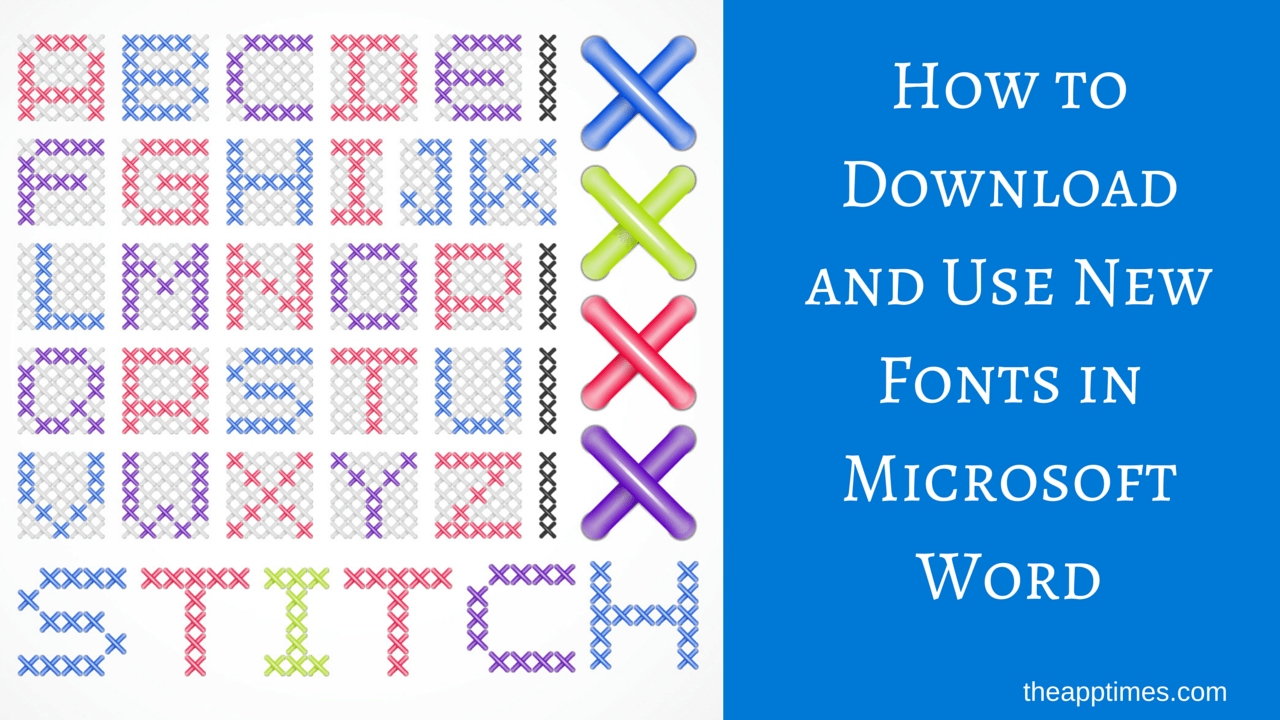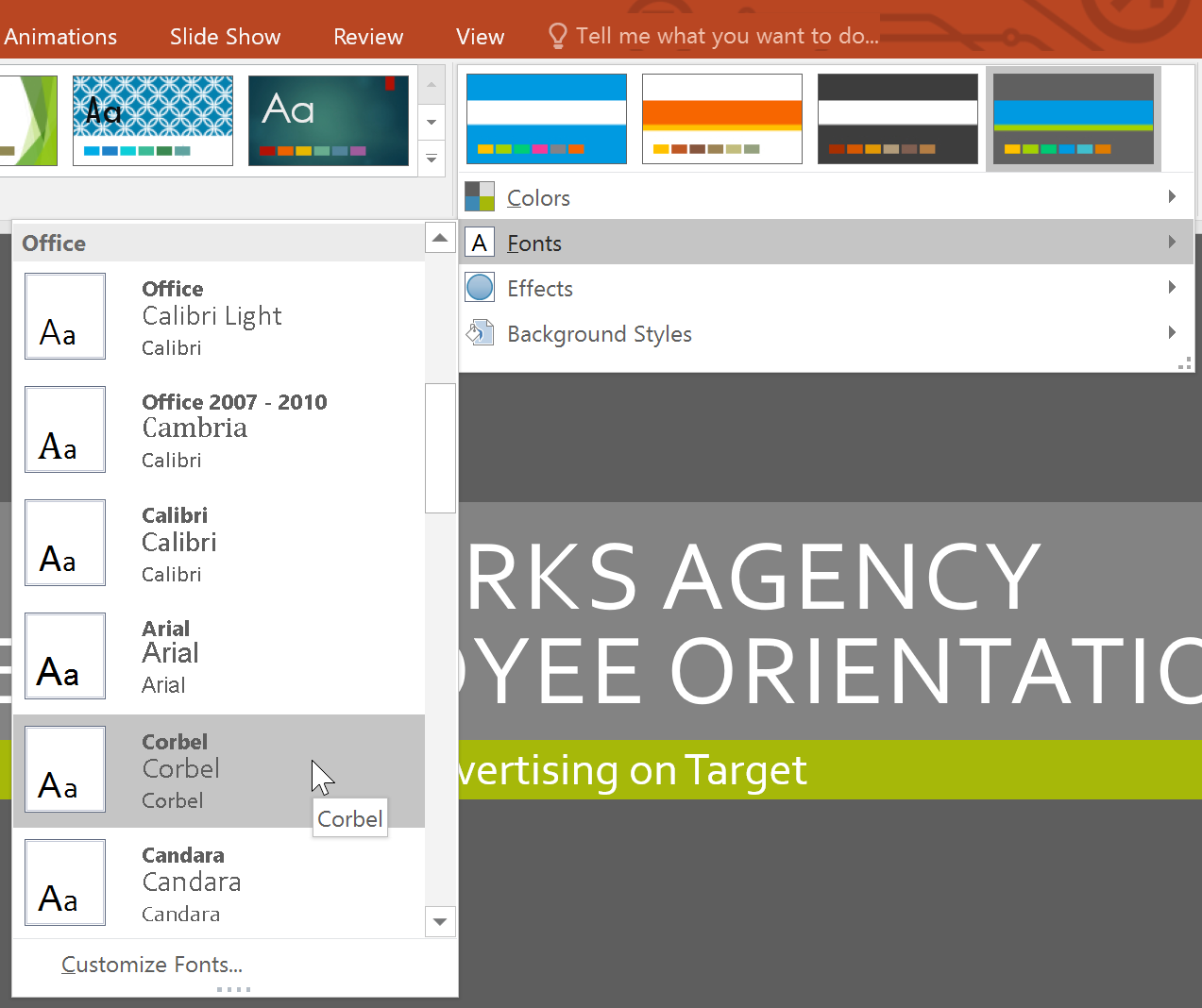
If you stick to Ubuntu distros, you could directly download the *.rpm package, convert it to a *.deb: alien -d If you belong to the RedHat camp, you already have most MS core fonts now. Start your software manager and look for a package with ‘crosextra’ in its name. …and the ClearType MS core fonts…Īgain Google Fonts can help by providing near perfect matches for Calibri and Cambria (marked * in the table below). You even get a bonus: along with the legacy MS fonts the new ClearType set will be installed. cabextract may be lacking.) Then download and install the fonts: rpm -i First make sure you have the required tools installed: yum install curl cabextract xorg-x11-font-utils fontconfig On RedHat-based computers too there is an easy way. Start your software manager and look for a package with ‘croscore’ in its name. They provide near perfect matches for Arial, Courier New, Times New Roman and Symbol (marked * in the table below). If you prefer open-source alternatives for these MS fonts, Google Fonts comes to your partial rescue.

Open a terminal and type: sudo apt-get install ttf-mscorefonts-installerĪ script will download and install the original fonts, after you have agreed to Microsoft’s EULA. On Ubuntu-based computers installation is easy. How to use these without running Windows? 1. Consequently, Cambria, Calibri and Candara, or Consolas, Corbel and Constantia are increasingly populating our displays and documents. But in 2007 a whole new set of ClearType fonts became the default. These are the older ones, some going back to the very dawn of Windows. Even the vilified Comic Sans font can be found in many places. Times New Roman, Arial and Courier New are still ubiquitous. How to deal with these fonts outwith Windows? Just in case you want to be nice to poor Windows users. Of course all these fonts are proprietary and can only be legally used in a paid for Windows environment.


So, even if you happily work on LibreOffice, or another open-source office suite, you will come across Microsoft’s core fonts on a very regular basis.

To be exact: Microsoft’s Word, not God’s. That is how things usually work at most desktops around the globe.


 0 kommentar(er)
0 kommentar(er)
